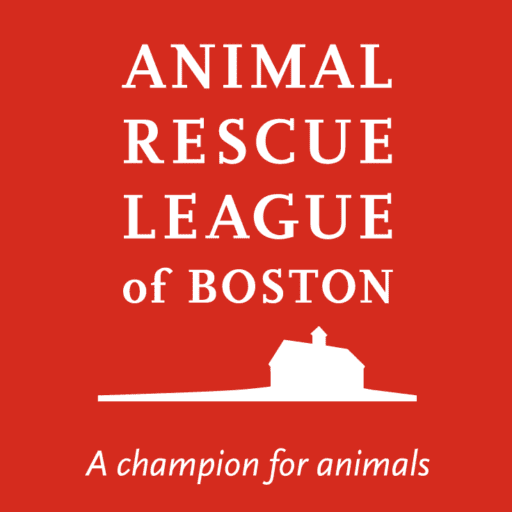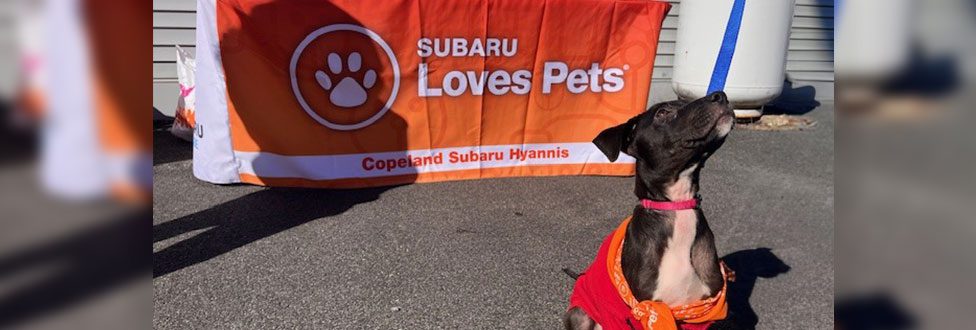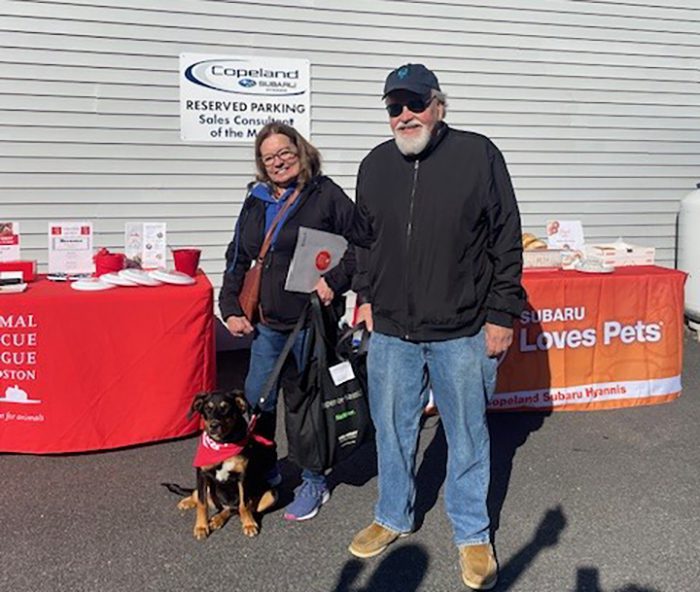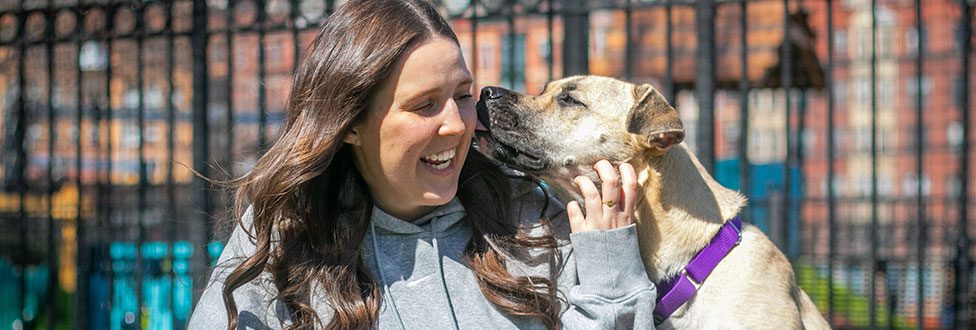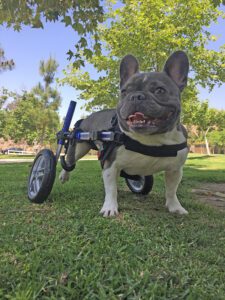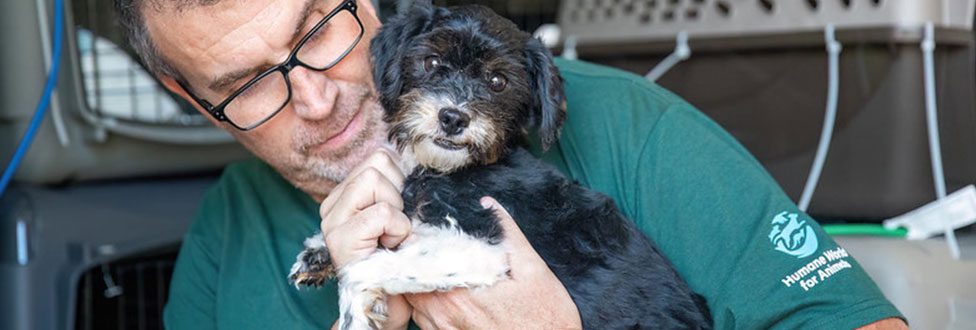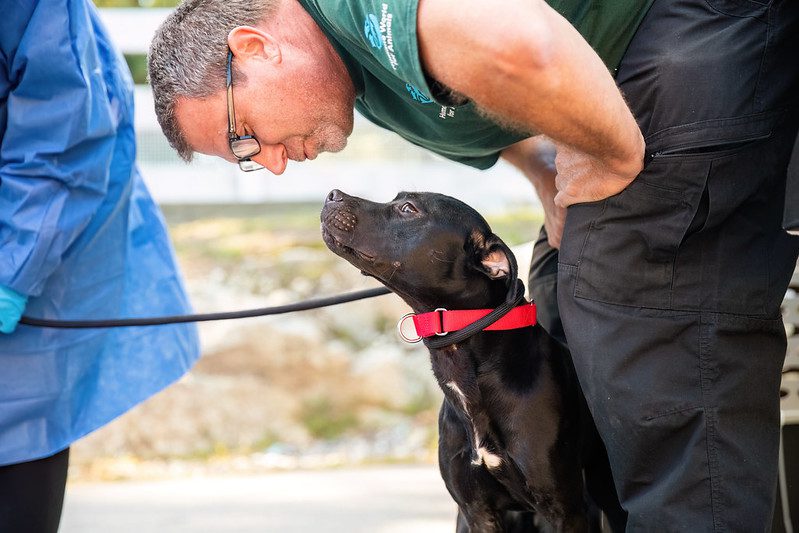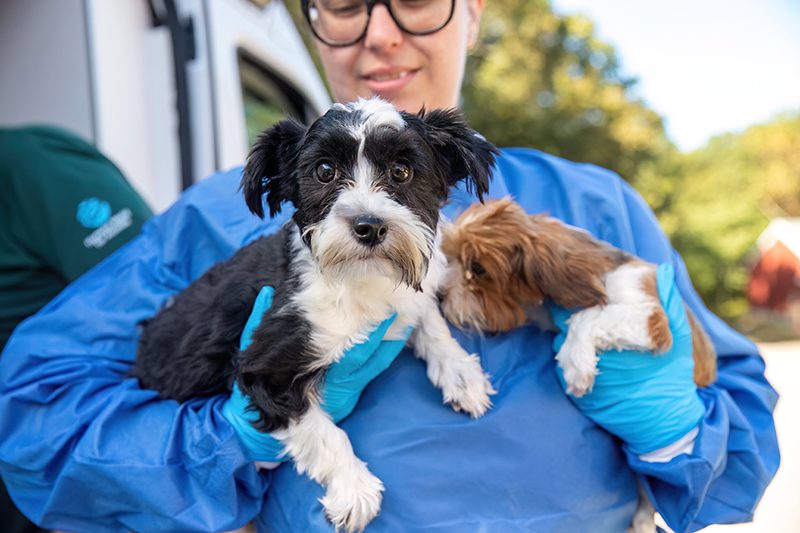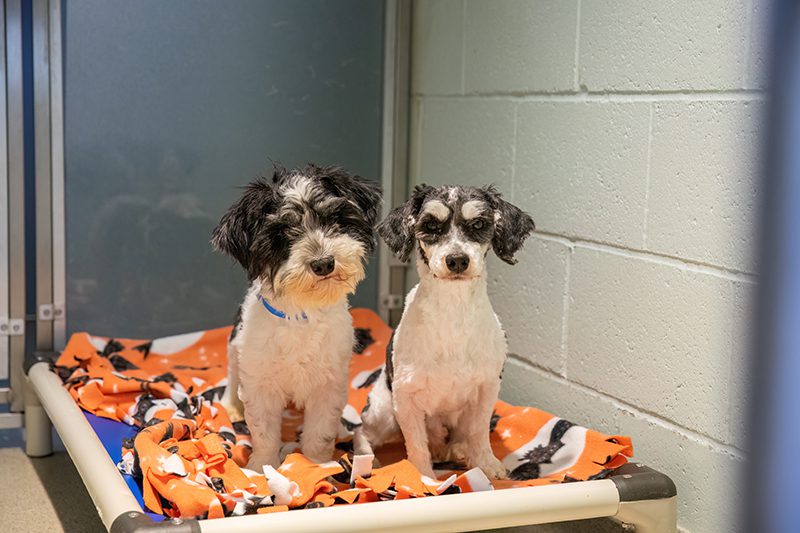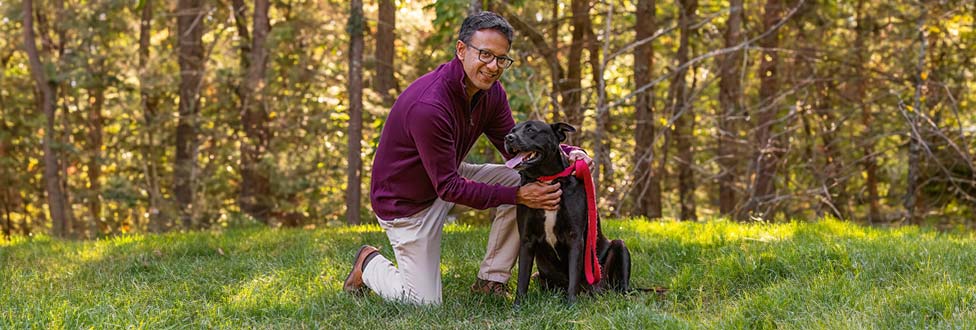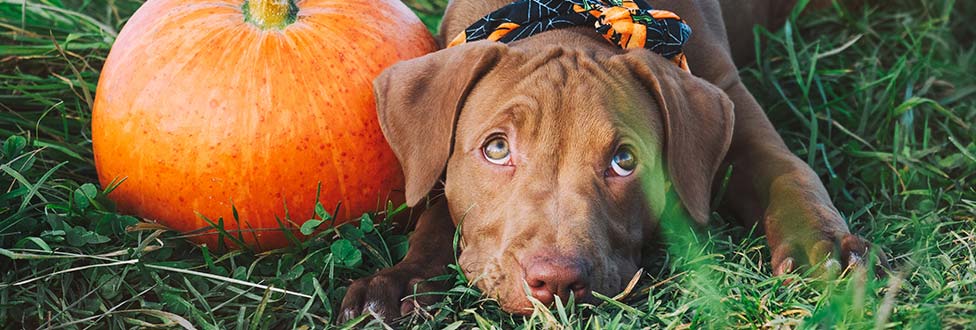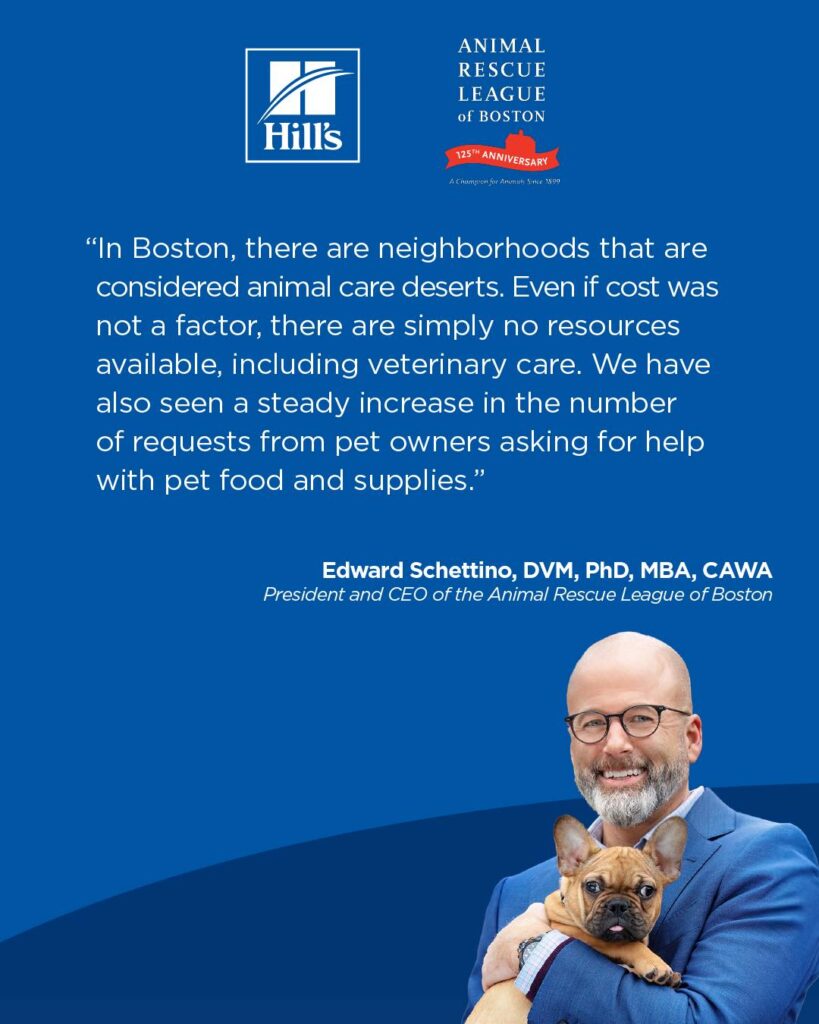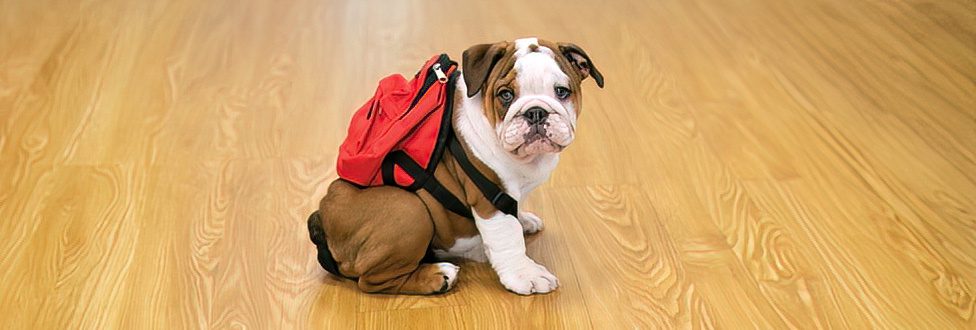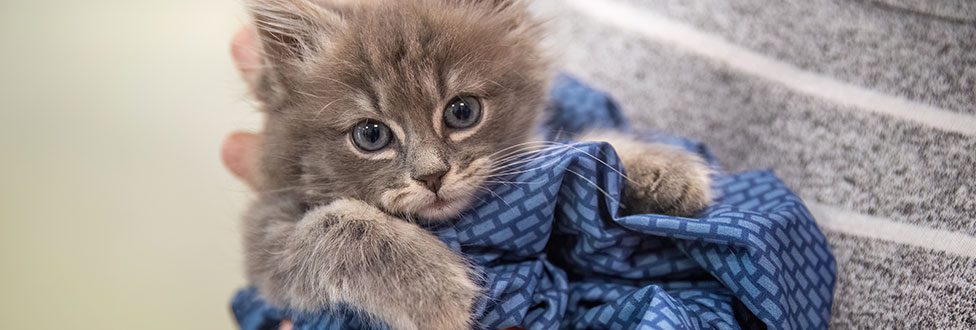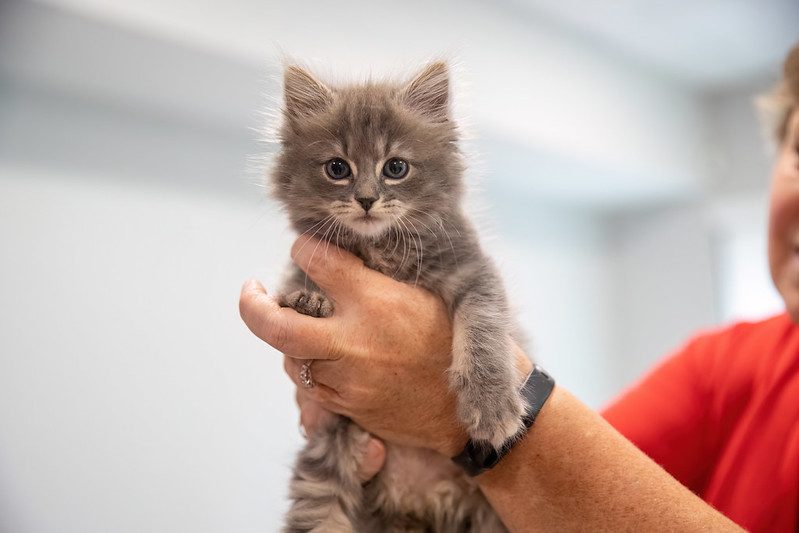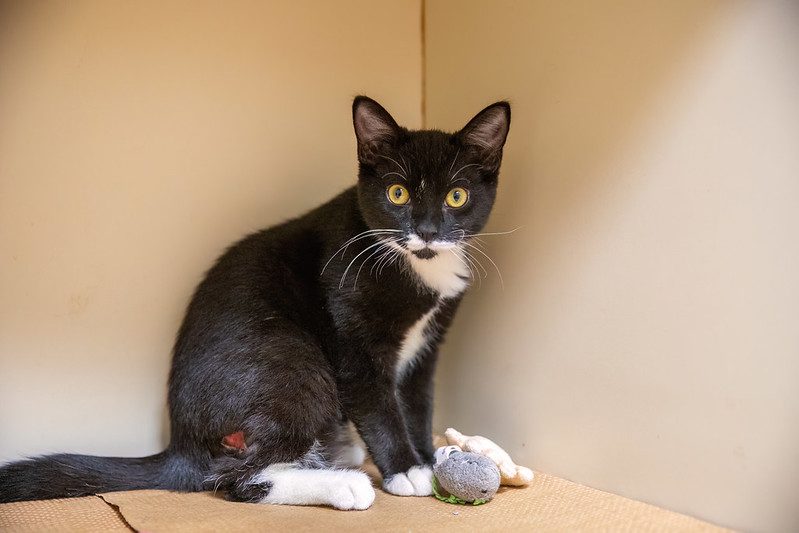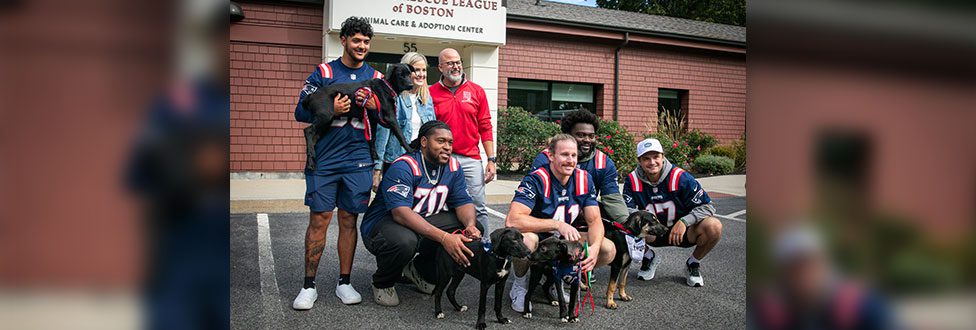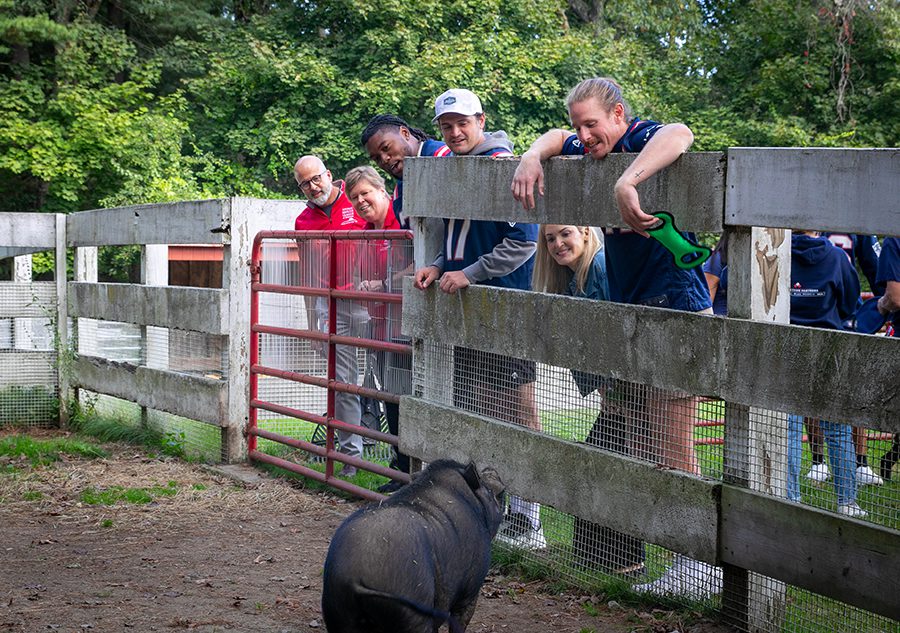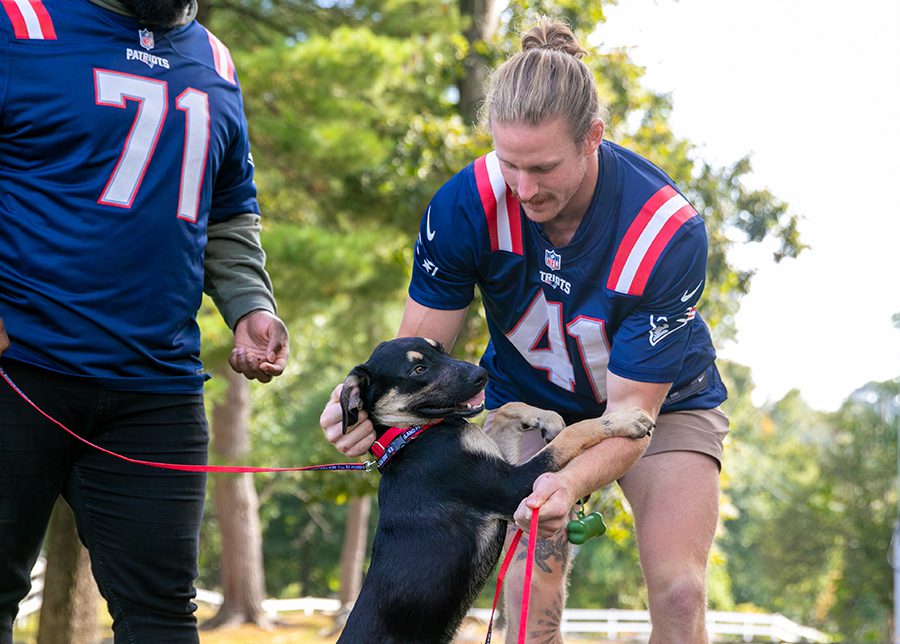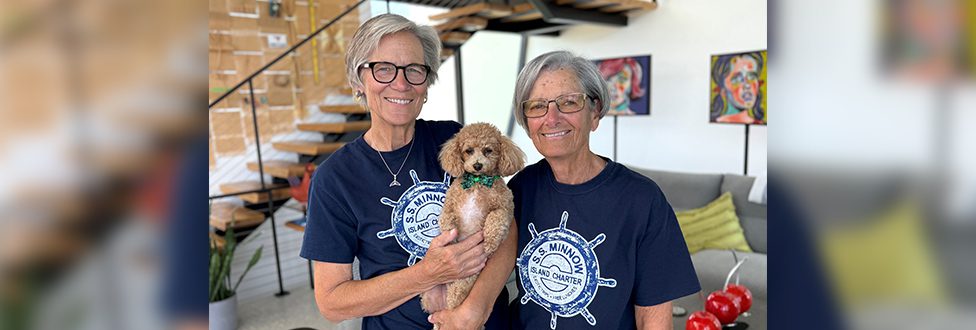A Paws-itive Partnership: ARL and Copeland Subaru Find Homes for Dogs
The “Bark & Bagels” adoption event, part of the nationwide Subaru Loves Pets® month, successfully connected local families with adoptable dogs in Hyannis
The Animal Rescue League of Boston (ARL) received support for local shelter animals through grant funding from Copeland Subaru Hyannis and an adoption event held on Saturday, October 18 which helped two dogs, Penne and Barney, find new homes in the community. The effort was part of Subaru Loves Pets®, a national Subaru initiative to support the lives of as many shelter animals as possible. ARL brought five dogs to the event and two were adopted. Barney was at ARL for 4 weeks and was the Brewster location’s longest shelter resident.
“Pets make all of our lives better and Copeland Subaru is happy to do our small part in helping to find good homes for our furry friends. We appreciate our growing partnership with Animal Rescue League and look forward to growing this into a year-round event,” said Bryan Scarpellini, Managing Partner of Copeland Subaru Hyannis.
ARL organized the pet event, in collaboration with Copeland Subaru Hyannis, to raise awareness for Cape Cod pets in need. During the month of October, Copeland Subaru Hyannis and over 630 Subaru retailers nationwide worked with the ASPCA® (The American Society for the Prevention of Cruelty to Animals®) to provide grants to local partner shelters resulting in over $3 million in donations.*
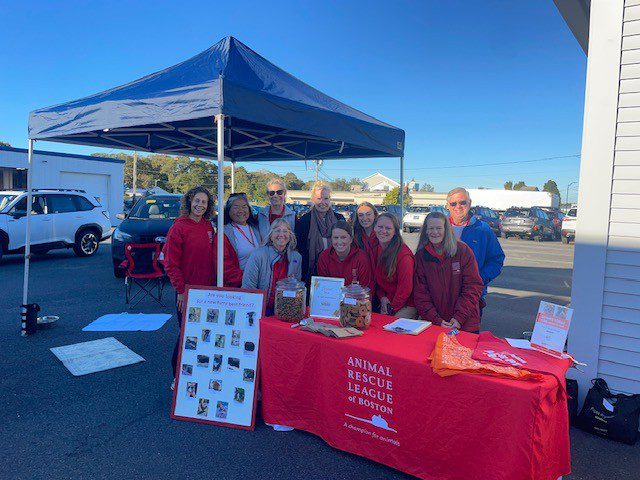
ARL staff outside of Copeland Subaru Hyannis
Subaru is proud to have donated over $70 million since 2008 to national and local organizations that help in the adoption, rescue, transport, and health of over 700,000 animals and pets. In addition to hosting the pet adoption event, Copeland Subaru Hyannis helped celebrate the seventh annual National Make A Dog’s Day by encouraging the local community to do something special for the dogs in their lives, adopt a shelter dog, or volunteer at an animal shelter and share the experience on social media using the hashtag #MakeADogsDay.
More information about Subaru Loves Pets.
*Subaru retailers provided grants based on previously selected tier to local shelter before October so it could be used throughout the month.
